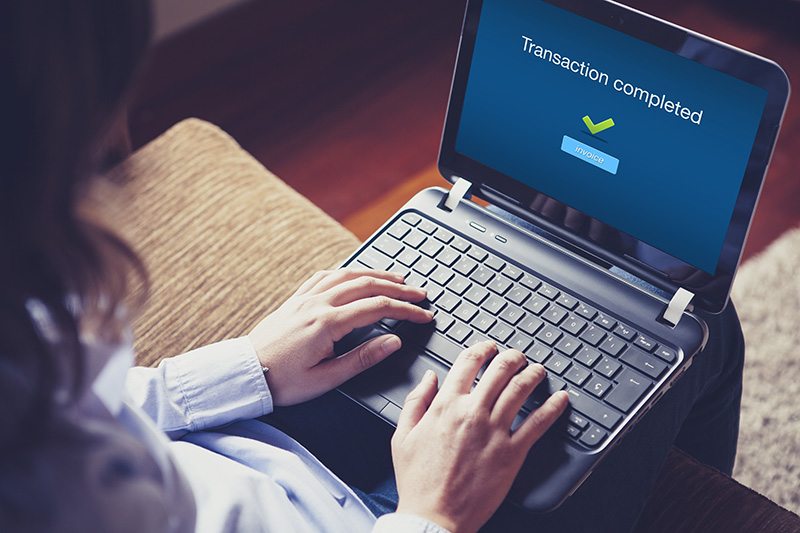Video conferencing platforms like Zoom and Google Meet have been the backbone of remote work during the pandemic. In recent months, Americans have embraced the button-up-and-pajama-pant look when rolling out of bed and going off to work just steps away. Even more, many are finding this system to work just fine.
Some companies have already anticipated the potential for large-scale change in the post-pandemic workforce. Google released a survey among employees, finding that most preferred going back to in-person work…but not every day. Microsoft has already declared that it will be using a hybrid model of work, also allowing employees to work from home permanently if requested.
If you can be just as productive from home, then shouldn’t you have the option? If you can get just as much work done on your sofa, then why be forced into a cubicle under LED lights? And if you need to wake up at 5 a.m. to account for your commute, then why not sleep in and work from home? The monotony of a weekly work routine can be taxing, and even detrimental to mental health. As we approach a cross-roads, we should consider the reality that embracing an at-home workforce could be a great thing. It could be the chance to use technological adaptations to their full potential, all while nourishing American mental health.
Remote Work Means Better Sleep
It’s undeniable that Americans are grossly overworked, especially when comparing annual work volume to countries like France and Japan. For this reason, Americans are guilty of pushing sleep to the back-burner, to the point where 1 in 3 adults report not getting enough sleep on a regular basis (anything under 7 hours). Even more, the portion of the nation getting inadequate sleep jumped 5 percent from 2010 to 2018.
The mindset of prioritizing labor over well-being has been instilled across the nation, resulting in tremendous hits to psychological health. Such deprivation comes with an increased risk of developing depression and anxiety. Research suggests that 65 percent to 90 percent of adults with depression experience some type of sleep problem. Meanwhile, the benefits of extra sleep are remarkable. Some studies show that gaining just one extra hour of sleep can help improve mental agility and stress levels. In other words, a well-rested brain will promote top-notch work, and a sleep-deprived brain will foster mediocre performance.
A workforce in which employees are afforded proper sleep would benefit not only mental and physical well-being but the overall quality of work. And besides, the chance to ditch a morning commute and hit the ‘snooze’ button instead is much more inviting…to say the least.
#WFH Employees Get More Sunlight
Being office-bound during the winter months keeps workers from embracing short windows of daylight. This deprivation can lead to widespread Vitamin D deficiency. Time and time again, science links low Vitamin D levels with poor mental health due to dips in serotonin. Lacking this essential vitamin could dampen your mood and lead to physiological changes associated with an increased risk for suicide and depression. This mental state is better known as the ‘winter blues’.
On the other hand, working from home gives you the freedom to create a sun-lit desk space. Remote work could be your chance to work by a window, and even step outside for some fresh air throughout the day. To many, the opportunity to see daylight during work hours is a luxury. For those who work behind a desk anyway, why not let it be your desk at home?
More Family Time
Working full-time is time-consuming and leaves little time for families to spend with one another at the end of long days. Working from home during the pandemic has been a joyous opportunity for many to be home with their families during typical work hours. Consider being a full-time parent, having to savor every minute you have with your children after a day of work; this short window of time has been a gift for many. If nothing else, virtual workforce adaptations have given remote workers the chance to embrace extra time with their families.
What Will It Be?
We have socially accepted a lifestyle in which we feel obliged to work ourselves to the bone. In return, our mental health is compromised. While many are eager to retreat to what is most familiar, we must consider what a new normal could do for the worsening American psyche. Many careers involve computer work and nothing more, requiring minimal interaction with coworkers outside of email communication. It only seems sensible to allow these types of workers the option to take their independent work to their homes. Nonetheless, diverting from a familiar workforce to one ruled by the power of technology can seem daunting. But then again, maybe there is no better time than the present to take the leap.







